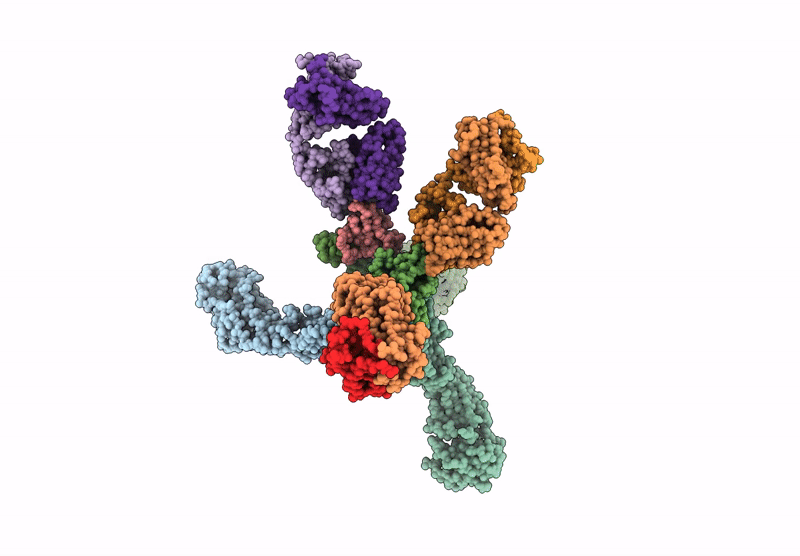
Deposition Date
2022-12-05
Release Date
2023-02-01
Last Version Date
2024-06-19
Entry Detail
PDB ID:
8FE3
Keywords:
Title:
Structure of dengue virus (DENV2) in complex with prM12, an anti-PrM monoclonal antibody
Biological Source:
Source Organism(s):
Mus musculus (Taxon ID: 10090)
Dengue virus type 2 (Taxon ID: 11060)
Dengue virus type 2 (Taxon ID: 11060)
Expression System(s):
Method Details:
Experimental Method:
Resolution:
10.20 Å
Aggregation State:
PARTICLE
Reconstruction Method:
SINGLE PARTICLE


